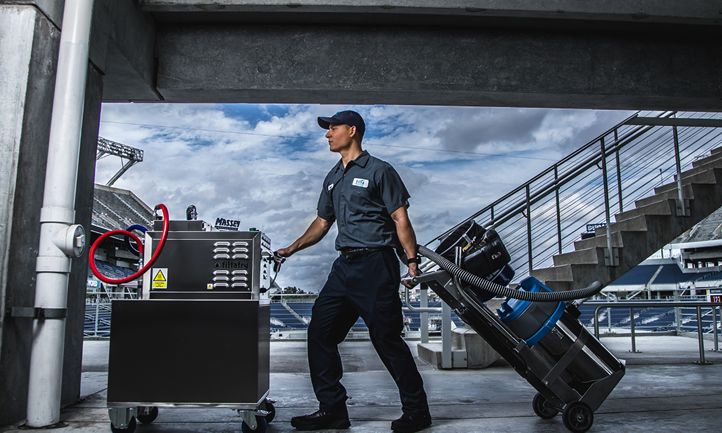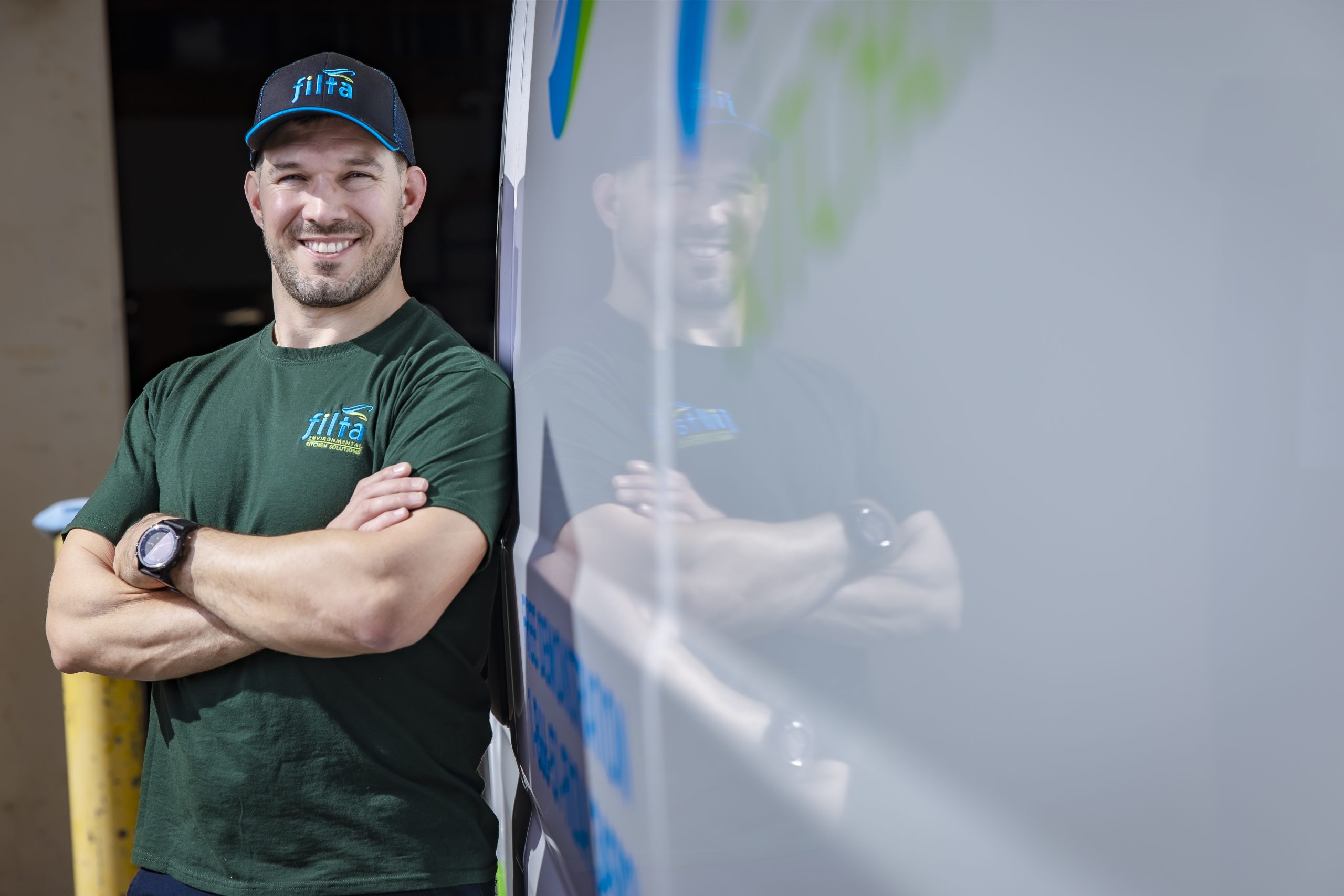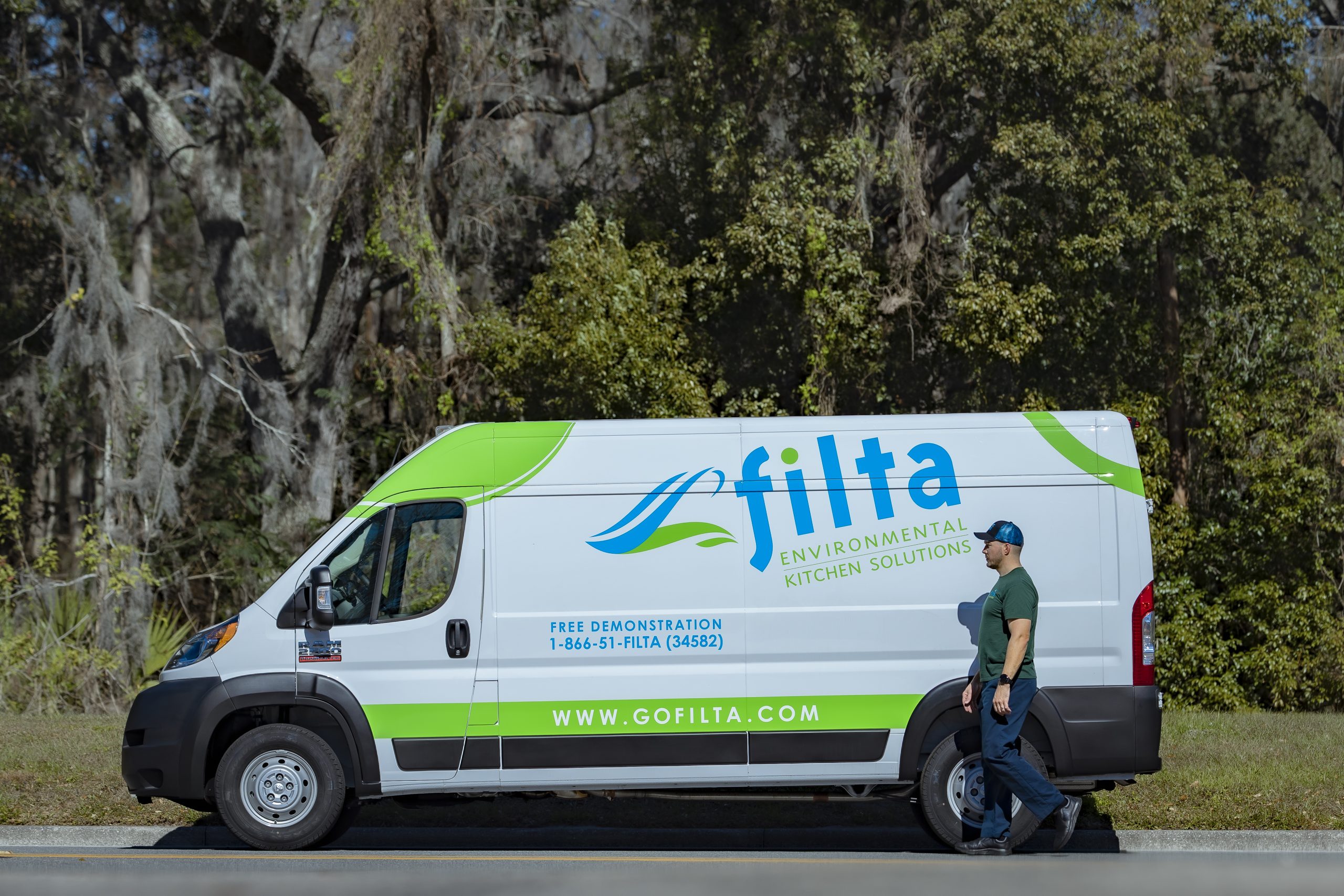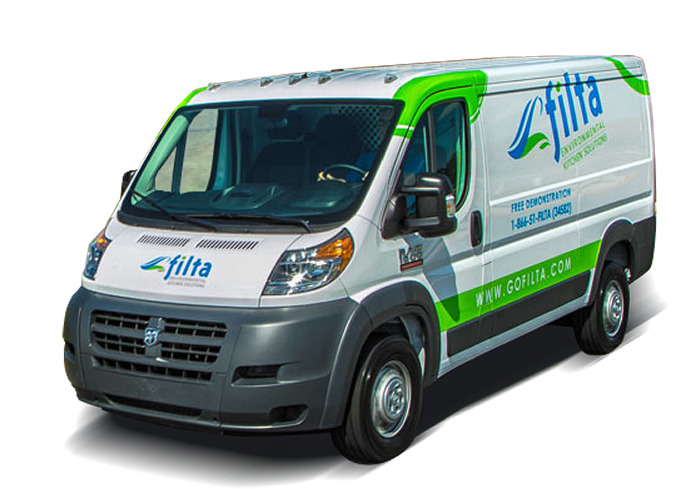As the world moves toward a more sustainable future, research has been urgent and robust for alternate vehicle fuels and biodiesel innovations have been at the front of the pack.
What Exactly is Biodiesel Fuel?
According to The Office of Energy Efficiency & Renewable Energy, biodiesel is a “liquid fuel produced from renewable sources, such as new and used vegetable oils and animal fats, and is a cleaner-burning replacement for petroleum-based diesel fuel. Biodiesel is nontoxic and biodegradable and is produced by combining alcohol with vegetable oil, animal fat, or recycled cooking grease. Like petroleum-derived diesel, biodiesel is used to fuel compression-ignition (diesel) engines. Biodiesel can be blended with petroleum diesel in any percentage, including B100 (pure biodiesel) and, the most common blend, B20 (a blend containing 20% biodiesel and 80% petroleum diesel).
What Vehicles Run on Biofuel?
Just last month, England’s Royal Air Force (RAF) powered a 90-minute flight with fully sustainable fuel. As the BBC reported, the RAF said that waste-based fuels used in the mid-November flight, including cooking oil waste, could reduce carbon emissions by up to 80%. Various decision-makers called the flight a “breakthrough moment,” a “huge step for sustainable aviation,” and an “important milestone…and technological first for the RAF alongside our industry partners.”
Just this week, CNN reported that the EPA here in the United States finalized and released more stiff pollution standards for heavy-duty vehicles like large trucks, buses, and delivery vans beginning with the model year 2027. Essentially, these higher emission standards are forecast to reduce soot and smog and eliminate nitrogen oxides by nearly 50% by 2045. The EPA’s ruling is the first update in more than 20 years (since 2001) and is 80% stronger than the current standard.
Earlier this year, the railroad giant, Union Pacific Railroad, announced it would begin using biodiesel blends in a new collaboration to move toward low-carbon fuel with a goal of reducing diesel consumption by 20% by 2030.
As of this writing, there are a handful of vehicles available that can run on biodiesel (B20) fuel. They range from the Cadillac Escalade, Chevrolet models including the Silverado, Suburban, and Tahoe, and GMC’s Sierra and Yukon models. The complete list of fuel-efficient 2023 vehicles can be found here.
How Does Filta Fit In?
Filta Environmental Kitchen Solutions’ key services, FiltaFry and FiltaBio, include micro-filtering cooking oil until it can no longer be used, then removing it from commercial kitchens to be recycled into biodiesel. Because this is an integral part of Filta’s day-to-day business model, technicians are set up for success to collect waste cooking oil, alleviating that task from workers in commercial restaurants and kitchens across the globe. Filta is proud to be on the cutting edge of sourcing the valuable resource of waste cooking oil from thousands of commercial kitchens globally to fuel this transition.
And to put metrics to the positive impact, Filta regularly generates information for its clients detailing the exact effect of their cooking oil recycling efforts on the environment. Called an Environmental Impact Report (EIR), this valuable piece of information documents the amount of cooking oil saved for a variety of clients in sectors from large arenas, government facilities, corporate cafeterias, educational facilities, hospitals, and others.














